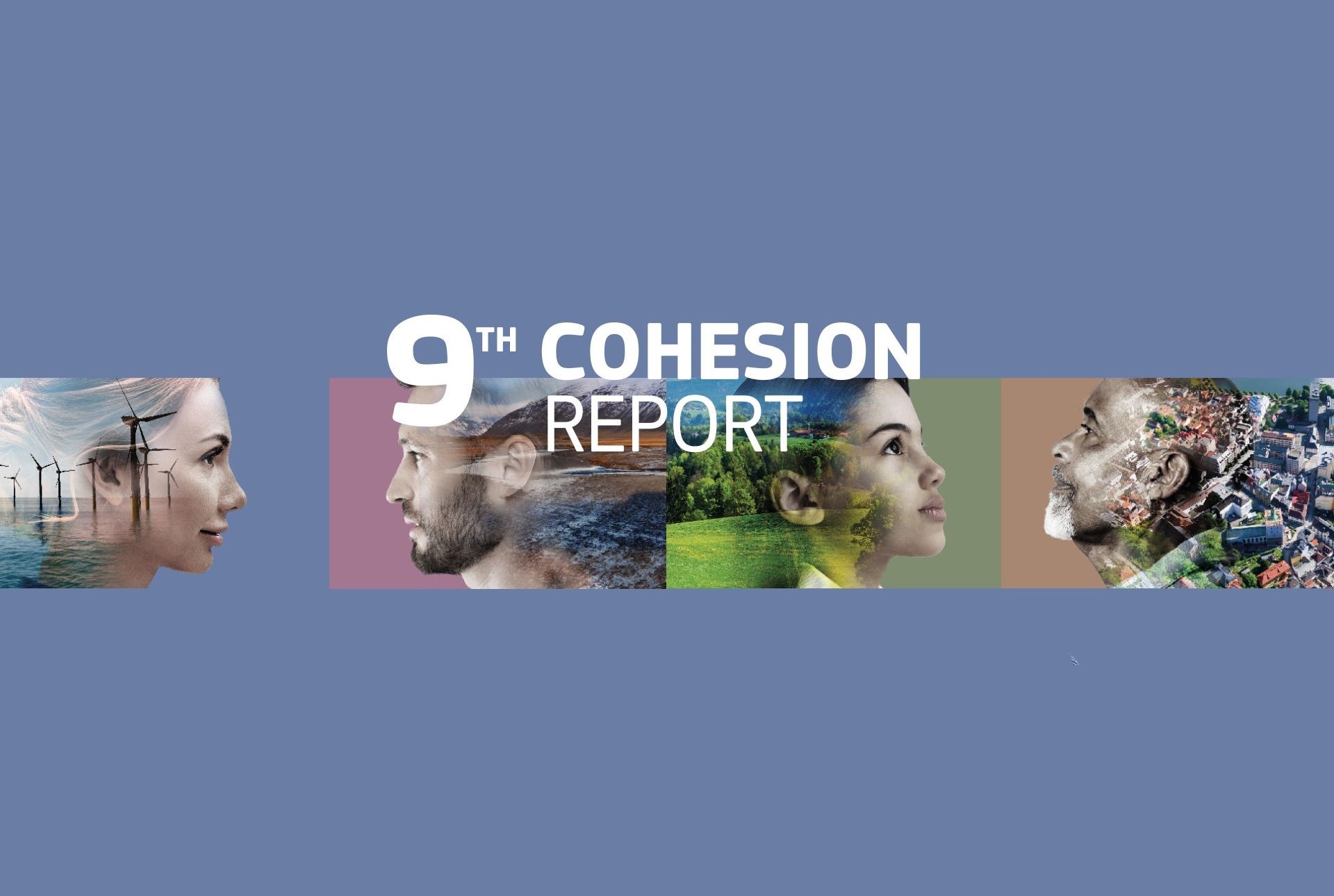
The Commission has published its 9th Cohesion Report, showing that Cohesion Policy is fulfilling its mission to narrow economic, social, and territorial disparities across the EU.
The report shows that great strides have been made to reduce the gaps that exist between the Member States and regions, while strengthening the EU Single Market and making sure that the EU continues to invest in human capital and sustainable development.
Driving economic growth and employment
Thanks to the Policy, an estimated 1.3 million additional jobs will be created in the EU by 2027, with a large share in sectors related to the green and digital transitions.
By the end of 2022, Cohesion Policy funding between 2014 and 2020 had supported over 4.4 million businesses, created 370,000 jobs, and constituted around 13% of total public investment in the EU, reaching 51% for the less developed Member States.
In the past twenty years the average GDP per head of the Member States who joined in the 2004 enlargement has increased from 52% to nearly 80% of the EU average.
Drawing lessons for the future
While convergence is taking place, the Report points out that some challenges remain. These include differences between large metropolitan areas and other regions, with some regions caught in a ‘development trap' and that are lagging behind.
Demographic changes further impact these challenges, as many regions face declining working-age population, a departing younger population and difficulties in retaining talent. This shows the importance of supporting regional cohesion and investing in jobs and opportunities for Europe's next generation.
The word from the Commissioner
Nicolas Schmit, Commissioner for Jobs and Social Rights, said that 'The EU is heavily investing in people across the EU. With almost €96 billion, the ESF+ supports Member States in strengthening a social Europe, with tangible projects that concretely improve the lives of people across the continent. EU funding helps us to ensure that the transition towards a greener and digital economy is fair and provides opportunities for all. The incredible pace of technological change require that workers continue to learn new and additional skills. Our investment in people drives Europe’s competitiveness and helps preserve our social cohesion.'
What’s next?
A first discussion of the findings from the 9th Cohesion Report will take place during the upcoming 9th Cohesion Forum, 11-12 April 2024 in Brussels.
Representatives from stakeholders to national, regional, and local authorities, will reflect on how Cohesion Policy can continue to ensure that no region is left behind in the ongoing structural changes.



